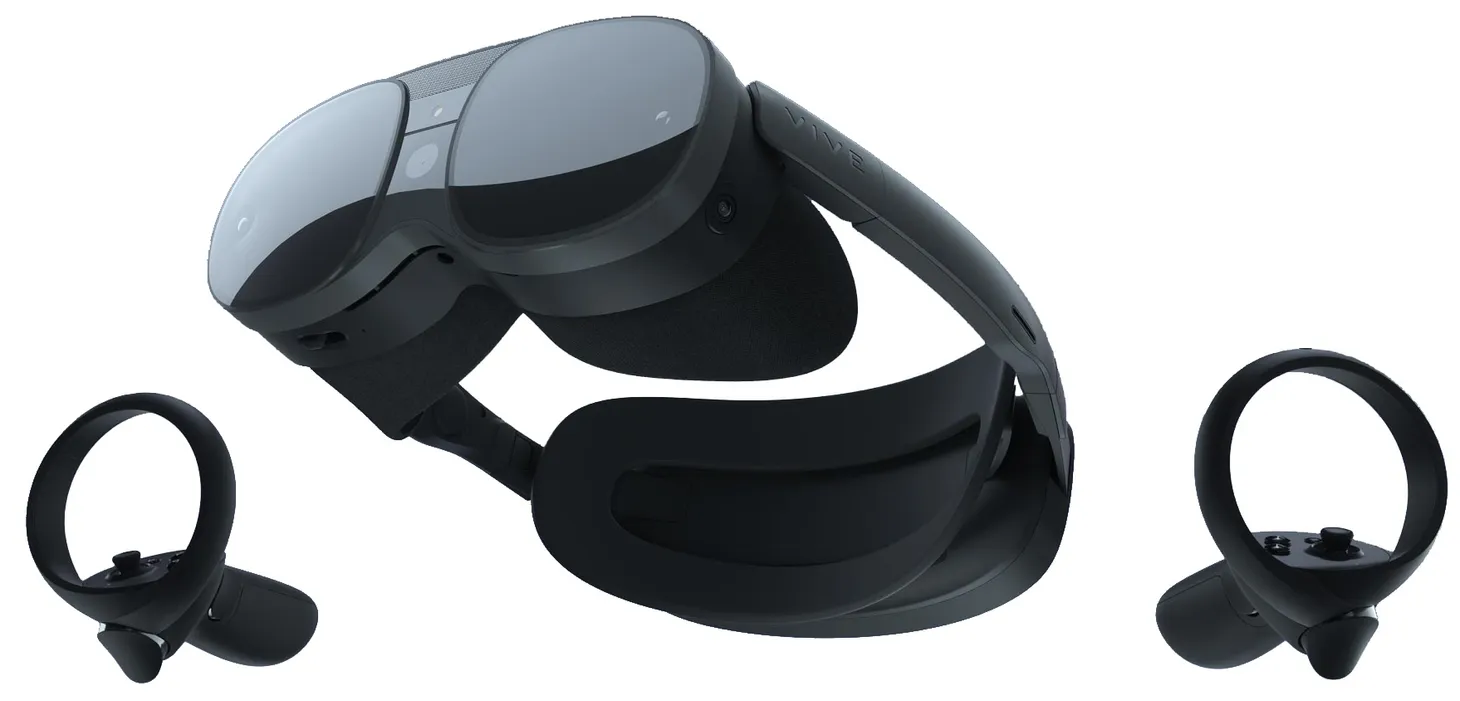A platform of certainty
Knowing there's firm footing ahead makes big ideas easier to pursue.

I’ve been reading a lot of innovation industry talk lately and speaking to a lot of innovation industry folks on and off the record. Conversations from both before and after the election. It’s fascinating how a certain tension dissipated after the new government was elected.
In many ways it wasn’t because of a traditonal Labor / Coalition sense of who had a better plan based on left-wing / right-wing approaches to running the show. It was absolutely one of feeling like there’s a clarity to building a platform of certainty for people trying to carve a path into the future.
It wasn’t about specifics. I’m sure it will eventually be about specifics, and many lobbying efforts will smell the new direction and try to nudge specific policy decisions in favour of their project du jour.
But it was very much a question of forward momentum. To just know there wasn’t going to be Yet Another Rugpull that actively harms efforts to create new economic opportunities built on future technologies.
That’s a nice sentiment to hear in an industry that has actually been doing relatively well in this country in spite of the way the Coalition government treated the innovation sector.
A platform of certainty can be as simple as saying:
“We will stay out of the way - go for it.”
The idea that we’ve had a decade where it wasn’t even that simple is just sad. Too many silly games being played by our so-called leaders. But now, seeing the sense of excitement that it is finally at-least-that-simple for the next term of government is exhilirating.
I’m excited to have a lot of great chats with smart people in coming months about how big their plans can get in this new environment.
But I also hope we see some of that certainty directed toward the academic realm too. So much funding cut, so many casualised jobs, all leading to researchers not being able to actually research with any comfort they’ll still have a job next semester.
Fingers crossed we fall back in love with letting big brains chase big ideas.
Newsworthy
Edtech vendors invaded student privacy: Human Rights Watch (iTNews) :: It’s really, really important for school IT to do better at protecting student information from the services they force them to use. Everything from cookies to keyloggers? Education Perfect’s Science is the keylogger culprit there…
DuckDockGo browser allows Microsoft trackers (quietly) because of Bing search partnership (BleepingComputer) :: This is just so distasteful to see the privacy-first search engine think it would be OK to not tell users of its relatively new browser that when it says it blocks tracking it only means for anyone except Microsoft.
Google has its own text-to-image AI now (The Verge) :: It wasn’t long since we fell in love with DALL-E 2, and now Google is showing off its Imagen text-to-image generator. Amazing stuff.
Google Maps Street View offers historic view mode (MacRumors) :: Last week Street View turned 15 years old. And while there’s ways to look back now, they’ve got new tricks for the future too.
Ikea overhauls smart home tech to become Matter ready (Verge) :: Eventually it won’t matter if you know what Matter is, but it’s an important moment in the evolution of truly universal smart home gear. Ikea has a new Dirigera hub coming later this year to make its smart home gear Matter ready.
ProtonMail gets a nicer name and email domain (Engadget) :: ProtonMail is an excellent secure email service and now the company is reducing its name to a slick ‘Proton’ and offering alternate email domains so you can be reached at @proton.me or @pm.me instead of @protonmail.com. Elegance is nice.
Evidence of iPad floating app windows appear in WebKit (Cult of Mac) :: We’ll learn a lot more next week at WWDC, no doubt, but it’s exciting to think of ‘true’ multitasking in a windowed format on iPad. That’s a significant vibe shift incoming for iPads. For good or bad? We’ll see.
Both Samsung and Motorola are playing with 200megapixel phone sensors (Verge (Motorola) and Gizmodo (Samsung)) :: The cat on a giant billboard is a clever way to show off the massive new sensor they might be playing with, but it’s also a bit of a furphy given the viewing distance to a giant billboard is a long way back. Apple has run ‘Shot on iPhone’ campaigns in giant billboards too? Still, always good to see new territory being explored in smartphone camera sensor technology.
Brain food
Tim Sweeney talks fighting Apple and building an open metaverse (FT) :: Very good interview by Patrick McGee about pretty much everything Tim Sweeney has fascinating opinions on. I’ve often wished to get a shot at a good chat with Sweeney. This here is a good chat with Sweeney.
A year with the Elgato Stream Deck (Six Colors) :: I love my Stream Deck but I know I’m guilty of failing to truly push its limits and see how clever I can get with it. So it’s great to read the always excellent Jason Snell explore it more deeply so I can get the motivation I need to get back into making it be as clever and powerful as it can be.
Solving what went wrong for LUNA/UST (Nansen) :: One of the good things about crypto is how transparent it all is. This ‘on-chain’ investigation of what exactly happened to cause the collapse of Terra a few weeks ago is a good example of that.
Cool things
Ex-Nike designer builds a boot that could prevent 80,000 amputations a year (Fast Company) :: A stylish boot for people with foot wounds that have trouble healing. Good design is good.
Italian teacher and photographer captures 10 years of lunar images (PetaPixel) :: 48 beautifully different images of the moon. All together in a fascinating formation.
Thanks for reading Byteside! Subscribe to get it direct to your inbox or via the Substack app.
Byteside Newsletter
Join the newsletter to receive the latest updates in your inbox.


